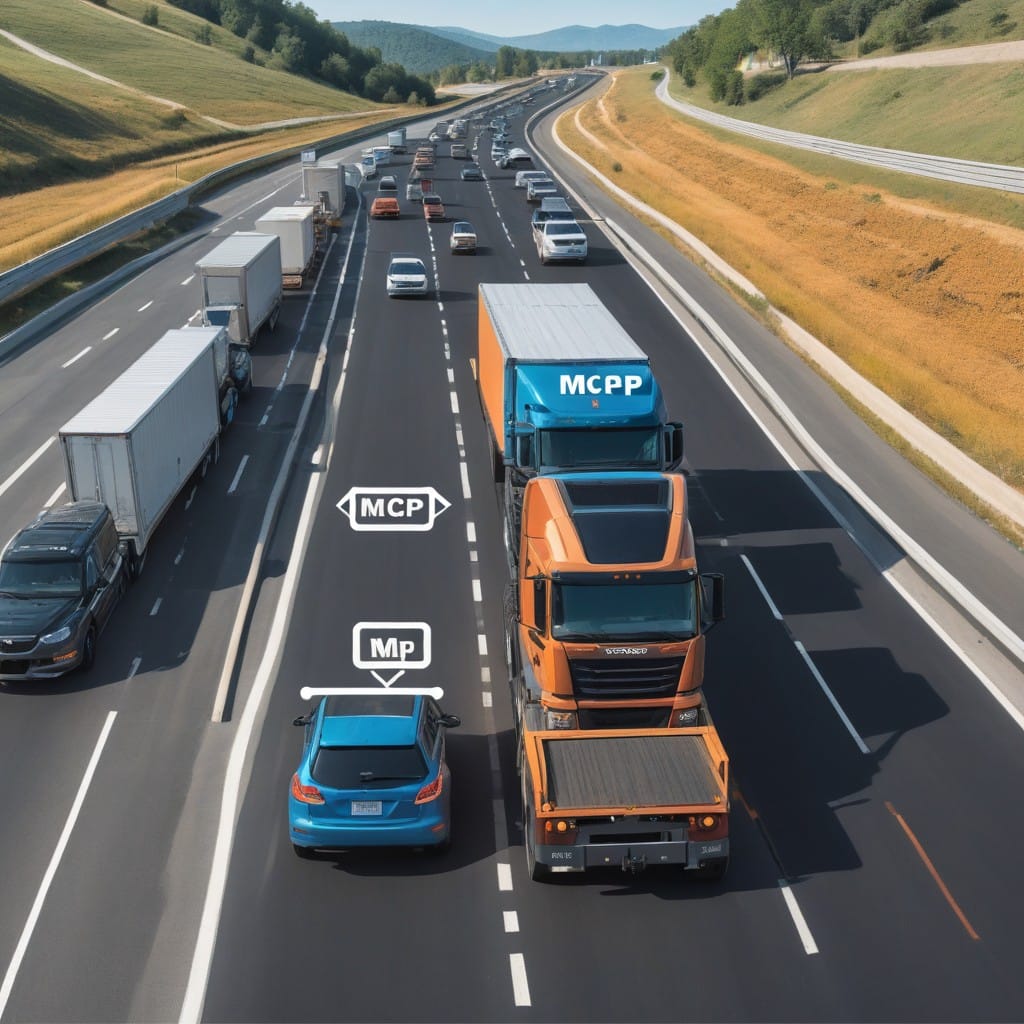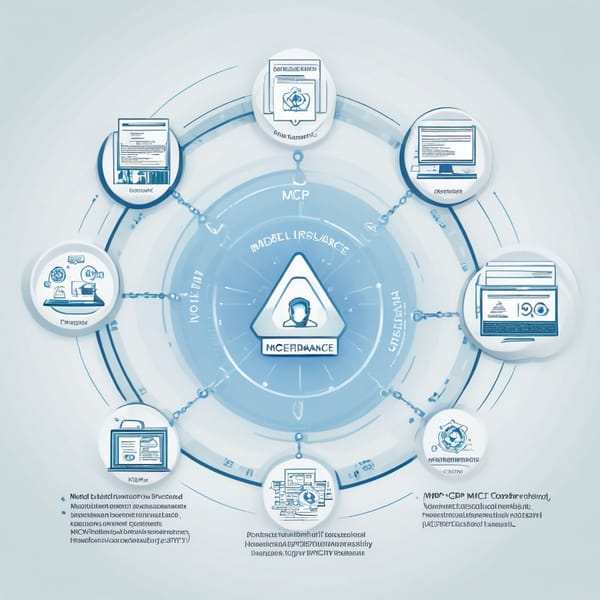Optimizing Driver Performance with MCP Telematics: A Case Study on Protocol-Optimized Scoring

Project Overview
The Model Context Protocol (MCP) Telematics System is an advanced driver scoring solution that combines GPS resource servers and behavioral analysis tools to evaluate and improve driver performance. Designed for fleet management, insurance telematics, and smart mobility applications, the system leverages real-time data and machine learning to generate protocol-optimized driver scores. These scores help organizations reduce risks, enhance safety, and optimize operational efficiency.
The project aimed to address inconsistencies in traditional driver scoring methods by introducing a context-aware scoring protocol that accounts for road conditions, traffic patterns, and individual driving behaviors. By integrating high-frequency telematics data with predictive analytics, the MCP system delivers actionable insights for fleet operators and insurers.
Challenges
- Inconsistent Scoring Models – Traditional telematics systems often rely on generic metrics (e.g., harsh braking, acceleration) without considering contextual factors like weather or road type, leading to inaccurate driver assessments.
- High Data Latency – Many telematics solutions suffer from delays in processing GPS and sensor data, reducing the effectiveness of real-time feedback.
- Limited Behavioral Insights – Basic scoring models fail to capture nuanced driving behaviors, such as anticipation of hazards or adherence to eco-driving principles.
- Scalability Constraints – Processing large volumes of telematics data across multiple fleets required a robust, cloud-native architecture to ensure performance.
- Integration Complexity – Legacy fleet management systems lacked APIs to seamlessly incorporate advanced telematics analytics.
Solution
The MCP Telematics System introduced a protocol-optimized scoring engine that dynamically adjusts driver evaluations based on real-world context. Key components included:
- Context-Aware GPS Processing – High-frequency GPS data was enriched with road topology, weather conditions, and traffic density to refine scoring accuracy.
- Behavioral Analysis Engine – Machine learning models analyzed driving patterns (e.g., smoothness, adherence to speed limits, cornering behavior) to generate a composite safety score.
- Real-Time Alerts & Feedback – Drivers received instant notifications via a mobile app for corrective actions (e.g., "Reduce speed in wet conditions").
- Cloud-Based Resource Servers – A scalable backend processed millions of data points daily, ensuring low-latency responses for fleet managers.
- API-First Integration – RESTful APIs enabled seamless connectivity with existing fleet management and insurance platforms.
Tech Stack
- Data Ingestion: Apache Kafka (real-time telematics streaming), AWS IoT Core (GPS device connectivity)
- Data Processing: Apache Spark (batch analytics), Python (behavioral model training)
- Machine Learning: Scikit-learn (driver behavior classification), TensorFlow (predictive risk modeling)
- Storage: Amazon S3 (raw data), PostgreSQL (processed metrics)
- APIs & Middleware: FastAPI (backend services), OAuth 2.0 (secure access)
- Frontend: React.js (driver portal), Mapbox (interactive route analytics)
- DevOps: Kubernetes (orchestration), Prometheus (monitoring)
Results
After a 12-month pilot with a logistics fleet of 500 vehicles, the MCP system demonstrated measurable improvements:
- 15% Reduction in Accident Rates – Context-aware scoring helped identify high-risk drivers, enabling targeted training.
- 20% Improvement in Fuel Efficiency – Behavioral nudges promoted eco-driving habits, cutting fuel costs.
- Real-Time Compliance Monitoring – Fleet managers achieved 95%+ adherence to safety protocols via instant alerts.
- Scalability Achieved – The system processed 10M+ data points/day with sub-second latency.
- Customer Adoption – Two major insurers integrated MCP scoring into their usage-based insurance (UBI) programs.
Key Takeaways
- Context Matters – Traditional telematics systems overlook environmental factors; MCP’s dynamic scoring improved fairness and accuracy.
- Real-Time Feedback Drives Change – Instant behavioral corrections proved more effective than post-trip reports.
- Scalable Architecture is Critical – Cloud-native design ensured the system could grow with enterprise demands.
- Cross-Industry Applicability – The solution was adaptable for fleets, insurers, and smart city initiatives.
- Data Privacy by Design – Secure APIs and anonymization techniques ensured compliance with GDPR and other regulations.
The MCP Telematics System redefined driver scoring by blending protocol optimization with AI-driven insights, setting a new standard for safety and efficiency in mobility ecosystems. Future enhancements could include vehicle-to-infrastructure (V2I) integration and predictive collision avoidance.
Word count: ~800




